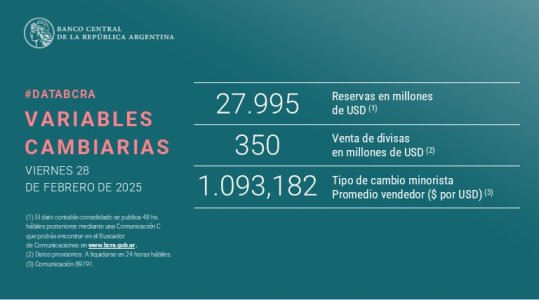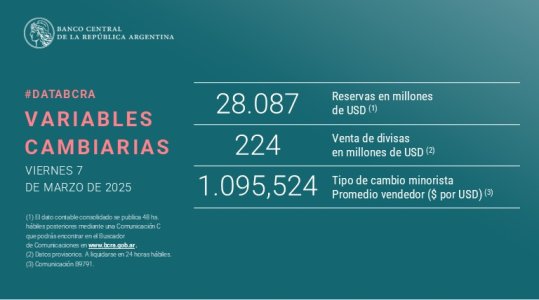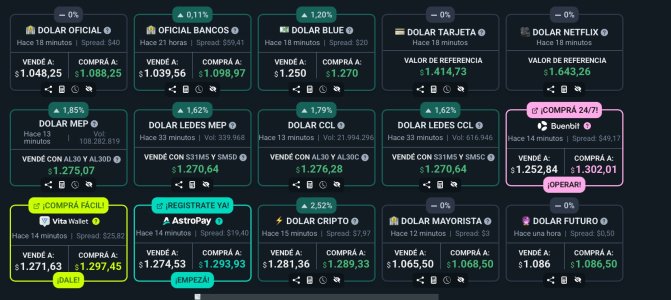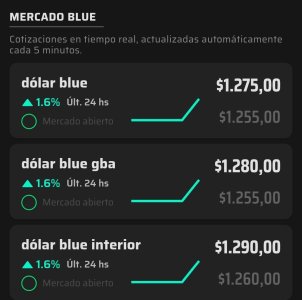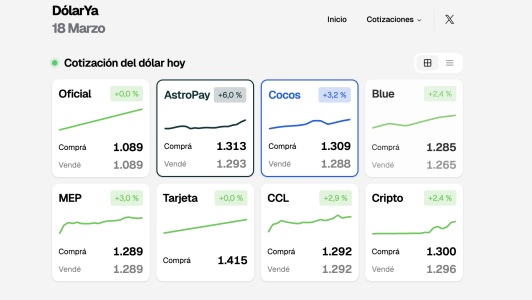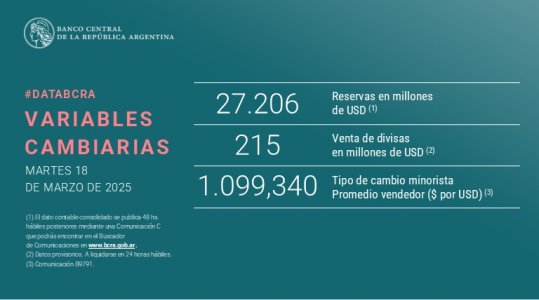Blockchain
Well-known member
Last year seemed like it was too weak but now it seems too strong. Poor people that earn pesos. I don't really have much sympathy for expats or foreigners making dollars. But can't imagine making peso incomes there. Even with the peso stronger these prices in dollars are tough. Read this today. I wonder at what point the Central Bank starts worrying or will admit it is too strong? I saw Milei mentioned it a few weeks ago.I try to just use my foreign credit cards that don't have transaction fees. It can be a hassle to wait in line, go to WU, cueva. I always have to have some cash but I try to eliminate it as much as possible.
I keep thinking the peso has to devalue. I know Argentina is improving but the peso value seems out of whack to me. It is strange to me that everyone admits the peso is too high. Everyone! My banker friends, my accountant friends, my lawyer friends. Everyone! I asked them what the fair value is and most people are saying at least 1500 to 1600. But they say until the cepo happens it won't go down.
I don't understand the dynamics but just hoping it comes down and the blue dollar gets stronger.
Read some articles that say the same thing that it is strong but that it can stay like this a while.

Inflation, dollar, consumption: here’s what Argentina’s consultancies expect in 2025 - Buenos Aires Herald
Analysts expect the economy to grow even as inflation cools — but the exchange rate is a significant incognitobuenosairesherald.com
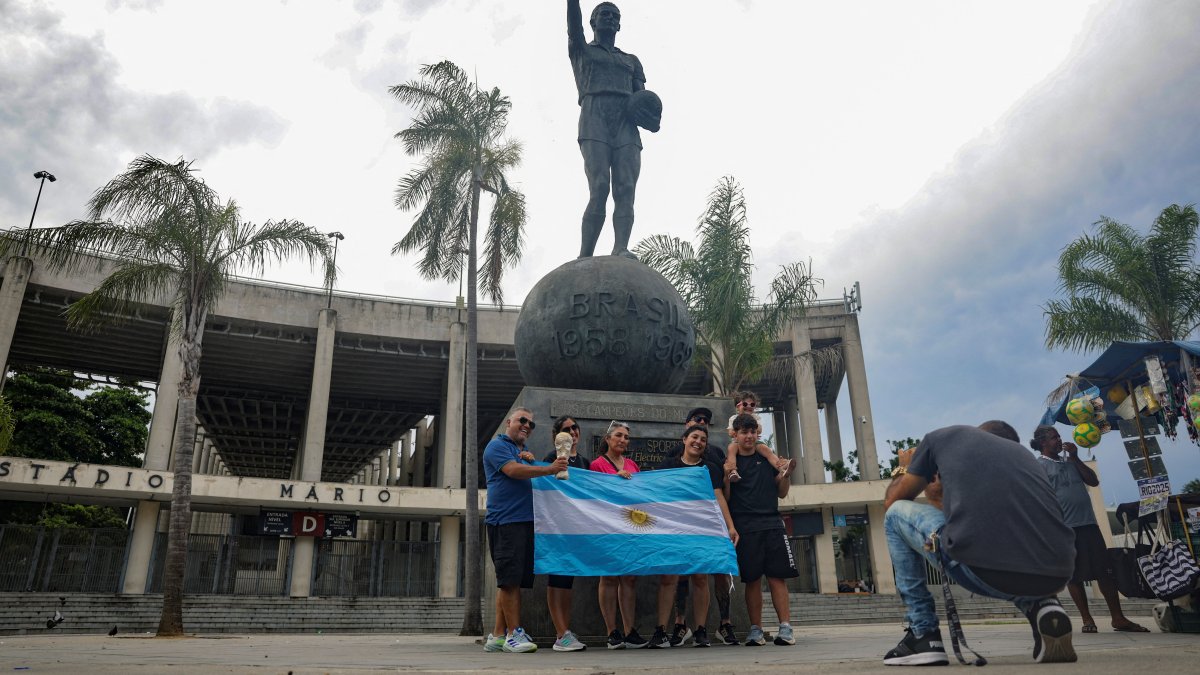
Hurt by high prices, Argentines seek cheaper goods abroad
In the shopping malls of the Chilean capital and the famous beaches of Brazil, Argentines are looking to snap up various goods, from clothes to...

